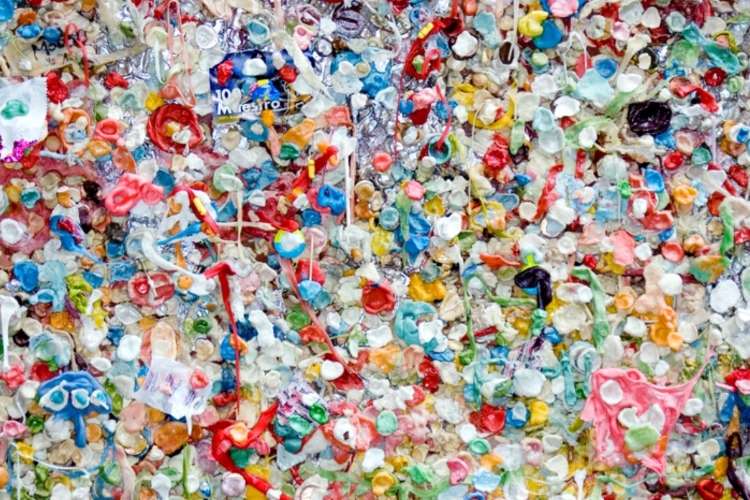
In July 2022, the Narendra Modi government banned the usage of single-use plastics. But nearly 10 months after the ban, plastics pollution continues to threaten most parts of the country. There has hardly been any improvement in the whole chain from manufacturers, sellers to end-users. While some of the bulk consumers of these materials have switched to their biodegradable alternatives, a significant dent is yet to be made. The menace of plastic pollution runs rampant with no effective system of collection and safe disposal of discarded plastic material. In fact, plastics have also seeped into aquatic ecosystems.
The Central Pollution Control Board (CPCB) recently stated that the lower end of the economy led the way in single-use plastics such as thin carry bags. Among metropolitan cities, Delhi is the worst offender. However, two questions are of utmost importance: One, is a complete plastic ban out of the question in India? Two, if yes, what should be done about the plastic menace?
Why a single-use plastics ban is difficult?
There are several reasons why a complete plastic ban may not be possible in India. One of the primary reasons for the widespread use of plastic in India is the lack of affordable and sustainable alternatives. While alternatives like paper bags, cloth bags, and jute bags exist, they are often more expensive and not easily available in many parts of the country. People remain highly price-conscious, which means that even if viable alternatives are available, most of the population is not sensitive enough to care about the harms they are causing to the environment.
READ | Water bodies census reveal rural-urban disparities
In a recent science-fiction novel called Upgrade by Blake Crouch, the author makes a relevant point that humanity lacks empathy and foresight, which will also be the cause of its downfall. The point remains as to how to make citizens empathetic enough to control plastic waste.
Plastic manufacturing is a significant industry in India, employing millions of people and contributing significantly to the country’s economy. A complete ban on plastic could have severe economic implications, leading to job losses and a negative impact on the manufacturing sector. Even if a complete plastic ban were to be enforced, it would be challenging to implement effectively. There would be significant challenges in enforcing the ban, especially in rural areas, where there is less awareness and understanding of the environmental impact of plastic.
Further, India’s recycling infrastructure is still in its nascent stage, and there are significant challenges in collecting and recycling plastic waste. A complete plastic ban would require a significant upgrade in the recycling infrastructure, which could take years to develop. As of now, plastic waste management norms remain only on paper. This means much of the pernicious and non-biodegradable plastic waste gets mixed with household garbage. This, in turn, reaches landfill sites and ends up emitting toxic fumes. A sizable part of it finds its way into water bodies, including rivers and the sea, adversely affecting the aquatic biodiversity.
A complete ban also requires political will and cooperation from all levels of government, including local, state, and national. Given the competing priorities and challenges facing the Indian government, it may not be a top priority at this time, even if there is an intent to curb plastic pollution.
Lessons from the world
Several countries have implemented successful plastic bans or restrictions in recent years. Rwanda has one of the world’s strictest plastic bag bans. The country banned plastic bags in 2008, and violators can be fined up to $150. The country has also invested in recycling and waste management programmes.
In 2017, Kenya implemented one of the world’s toughest plastic bag bans, with penalties of up to $38,000 or four years in jail for violators. The ban has reduced plastic bag usage by over 80%. European nations such as France also banned the use of disposable plastic bags, cups, and plates in 2016. The European Union has also implemented a plastic tax to discourage the use of single-use plastics.
Other nations which have introduced plastic fines are Canada and Taiwan. Canada announced a ban on single-use plastics, including plastic bags, straws, and cutlery. The ban will be phased in over the next few years and will reduce the country’s plastic waste by up to 1.8 billion pounds by 2025. Taiwan has implemented a comprehensive recycling programme which includes a recycling fund, a recycling labelling system, and a deposit and refund system for plastic bottles. The country has also banned single-use plastic items in government offices, schools, and hospitals.
Unless there is significant investment into the development of suitable substitutes for use-and-throw plastic goods by both the public and private sector, plastic pollution will not come down. The government must also offer fiscal or other incentives for R&D in plastics technology.
